Description
Insulin is a naturally occurring hormone produced by the pancreas that regulates blood sugar (glucose) levels. It allows cells to absorb glucose from the bloodstream to be used for energy or stored for future use.
In people with diabetes mellitus, insulin production or utilization is impaired, leading to high blood sugar. For these patients, insulin therapy is an essential treatment to maintain healthy glucose levels and prevent complications.
Medical Uses
Insulin is primarily used in the management of diabetes:
-
Type 1 Diabetes
-
The body produces little to no insulin.
-
Insulin therapy is required for survival.
-
-
Type 2 Diabetes
-
The body becomes resistant to insulin or does not produce enough.
-
Insulin may be prescribed when lifestyle changes and oral medications are insufficient.
-
-
Gestational Diabetes
-
Some pregnant women require insulin to control blood sugar levels and protect maternal and fetal health.
-
-
Diabetic Ketoacidosis (DKA) and Hyperglycemia Emergencies
-
Insulin is given in hospitals to quickly reduce dangerously high blood sugar levels.
-
How it Works (Mechanism of Action)
Insulin lowers blood glucose by:
-
Enhancing glucose uptake into muscle and fat cells.
-
Promoting glycogen storage in the liver.
-
Inhibiting glucose production by the liver.
-
Regulating fat and protein metabolism.
This helps maintain normal blood sugar levels and prevents long-term diabetic complications such as nerve damage, kidney disease, and cardiovascular issues.
Types
Insulin comes in several forms, categorized by how quickly they work and how long they last:
-
Rapid-Acting (e.g., Lispro, Aspart, Glulisine)
-
Short-Acting (Regular )
-
Starts working: 30–60 minutes
-
Duration: 5–8 hours
-
Taken before meals.
-
-
Intermediate-Acting (NPH)
-
Starts working: 1–2 hours
-
Duration: 12–18 hours
-
Often taken twice daily.
-
-
Long-Acting (e.g., Glargine, Detemir, Degludec)
-
Provides steady release with no peak.
-
Duration: Up to 24–42 hours depending on formulation.
-
Maintains baseline glucose control.
-
-
Premixed
-
Combination of short/rapid and intermediate insulin.
-
Convenient for patients needing both meal and basal coverage.
-
Methods of Administration
-
Syringes: Traditional method for injections.
-
Pens: Pre-filled, convenient, and user-friendly.
-
Pumps: Provide continuous infusion with flexible dosing.
-
Inhaled : A rapid-acting option for mealtime dosing (limited availability).


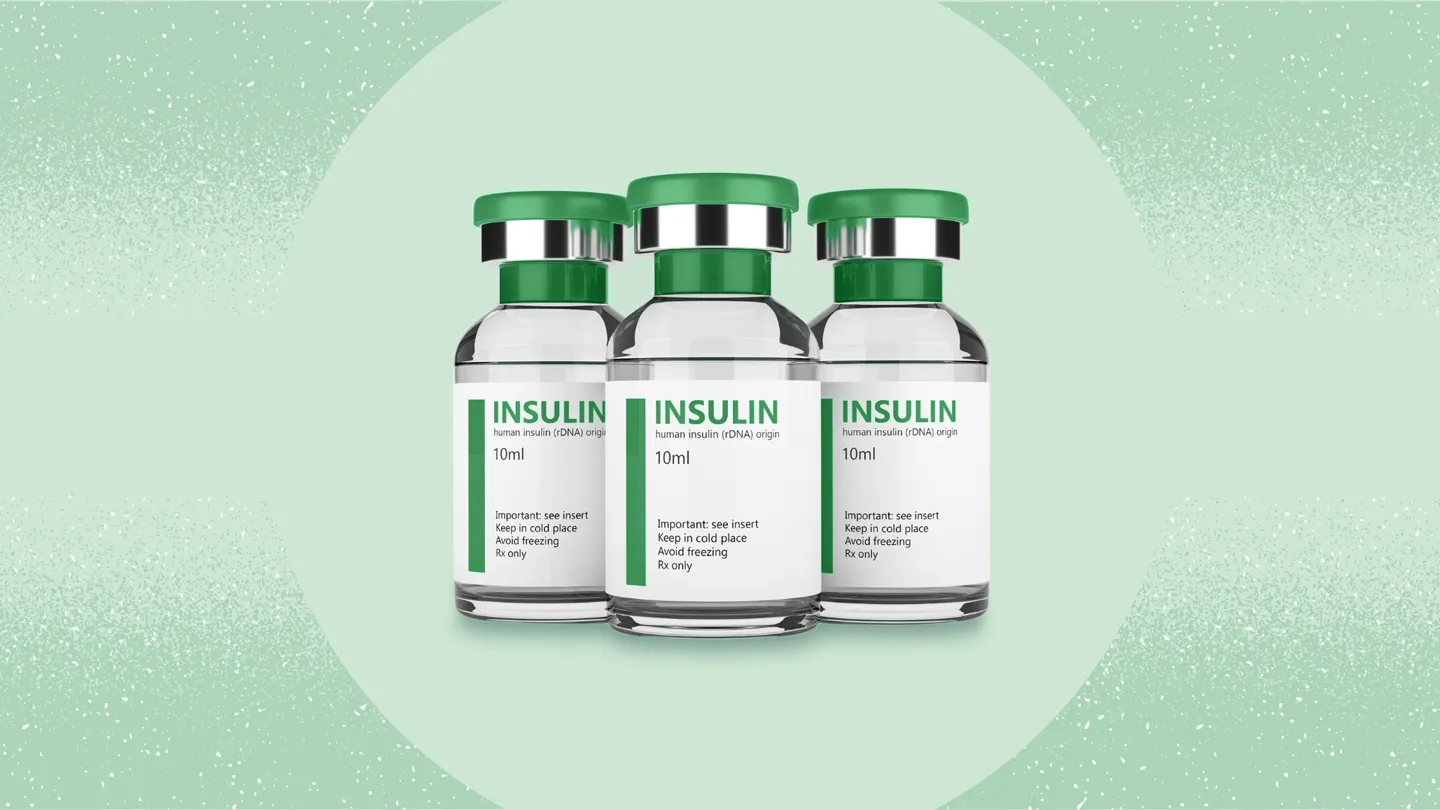




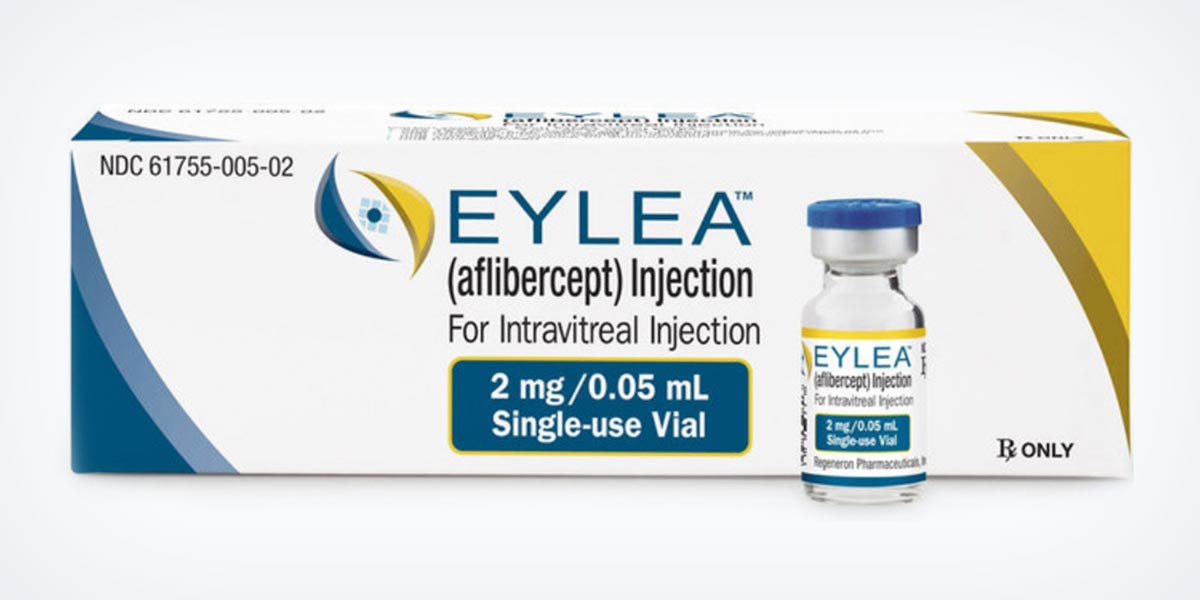
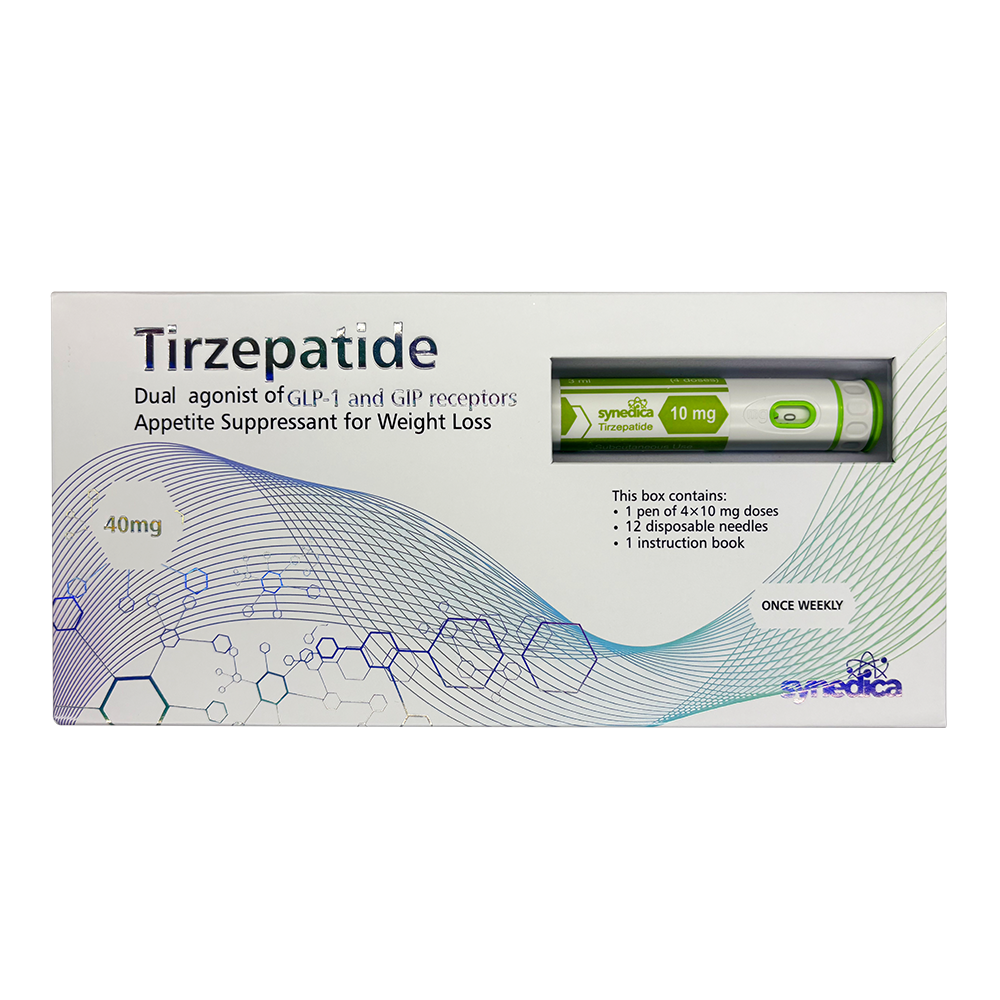
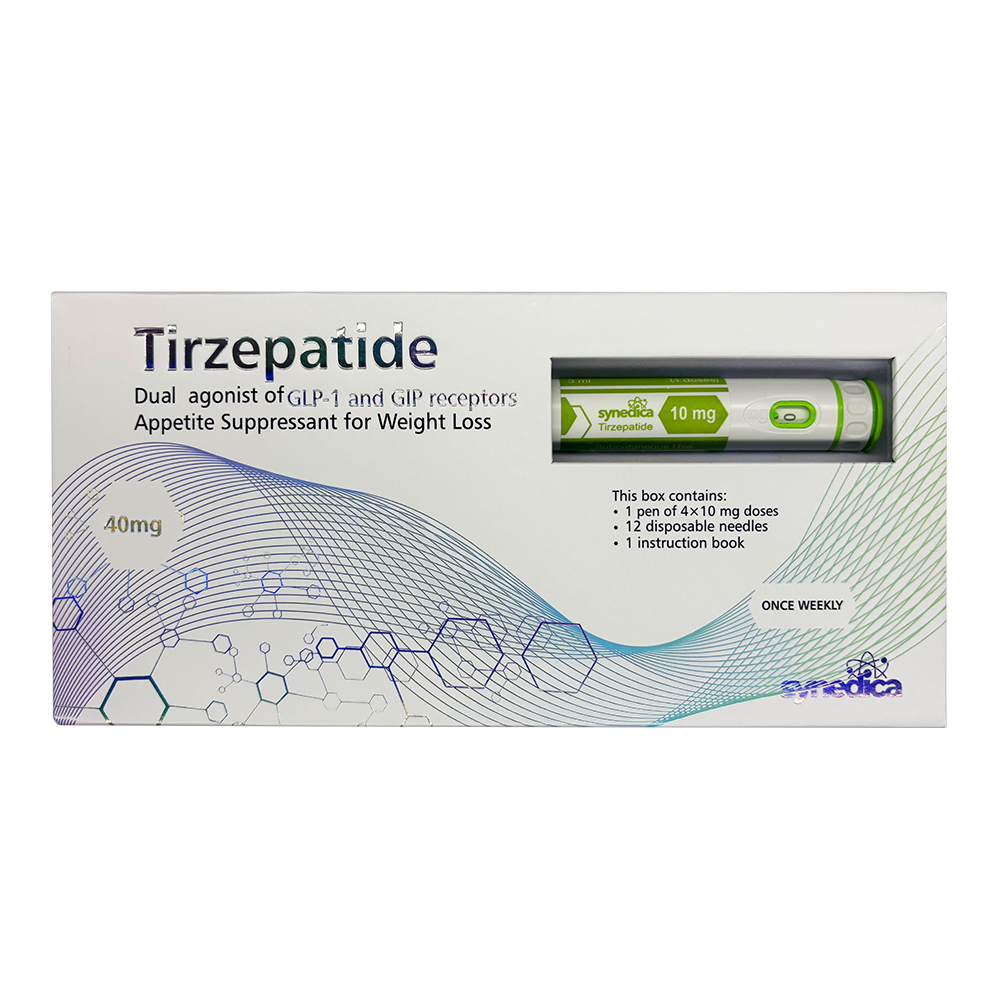

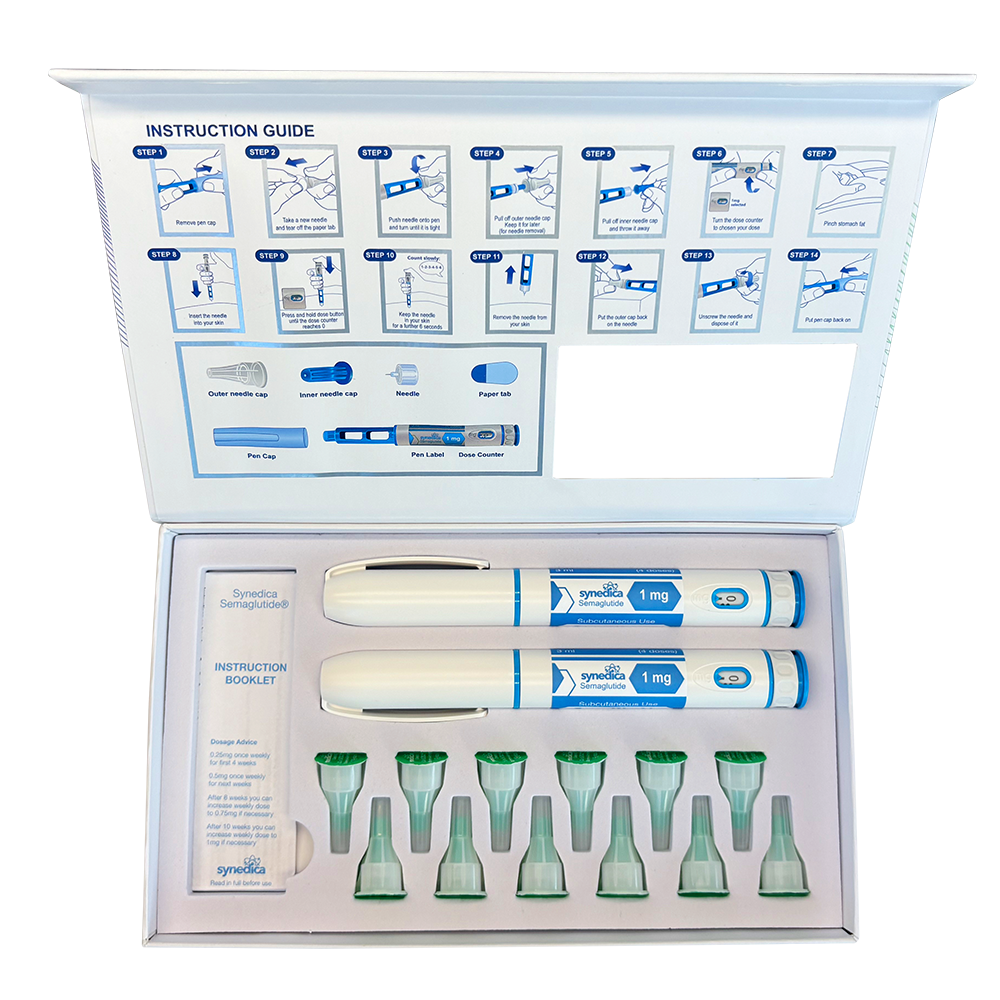
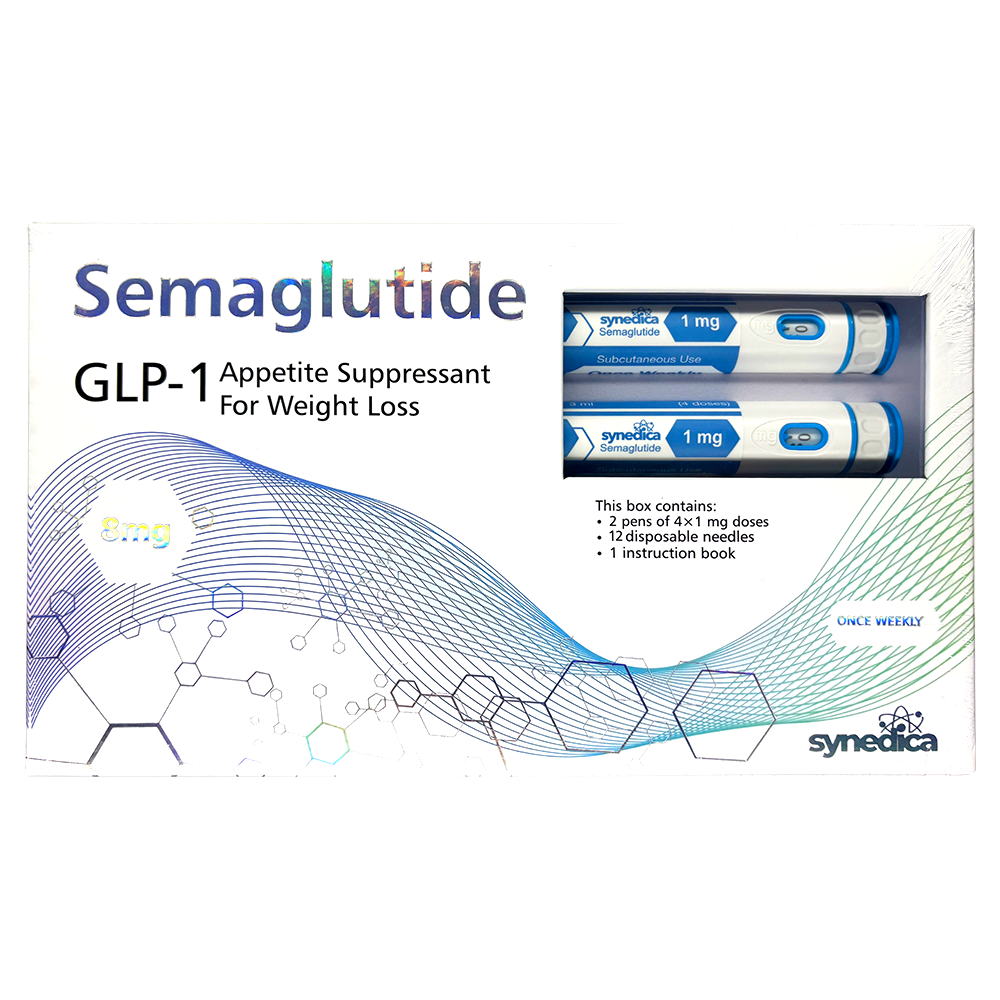

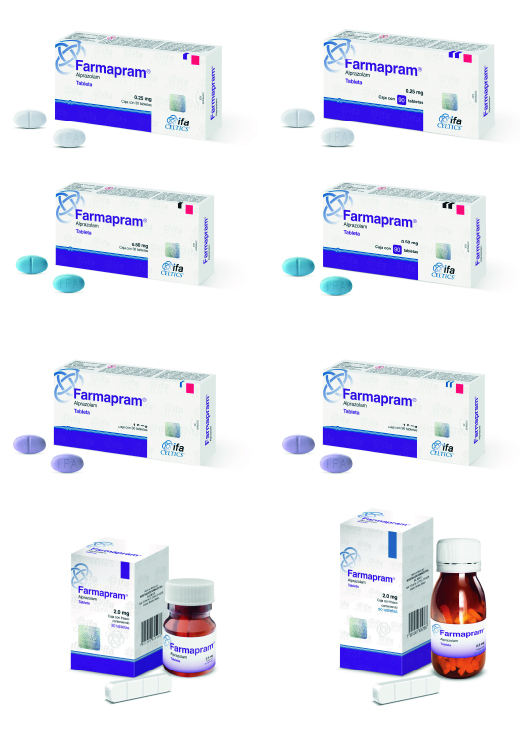
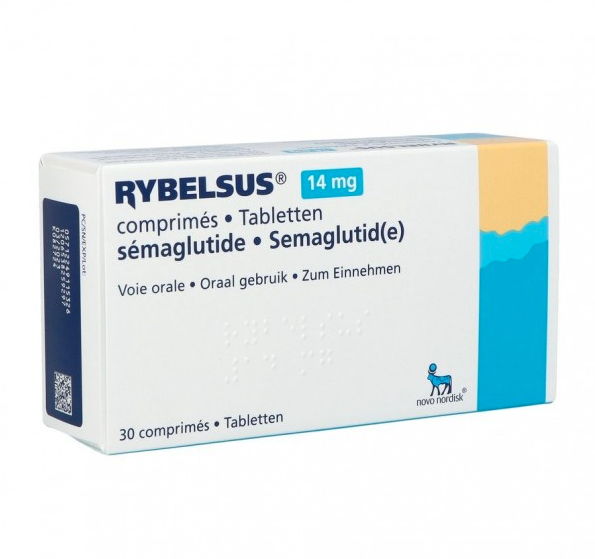
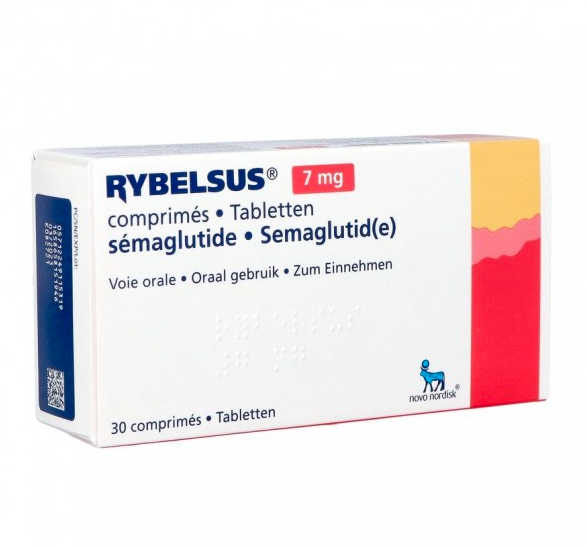
Reviews
There are no reviews yet.